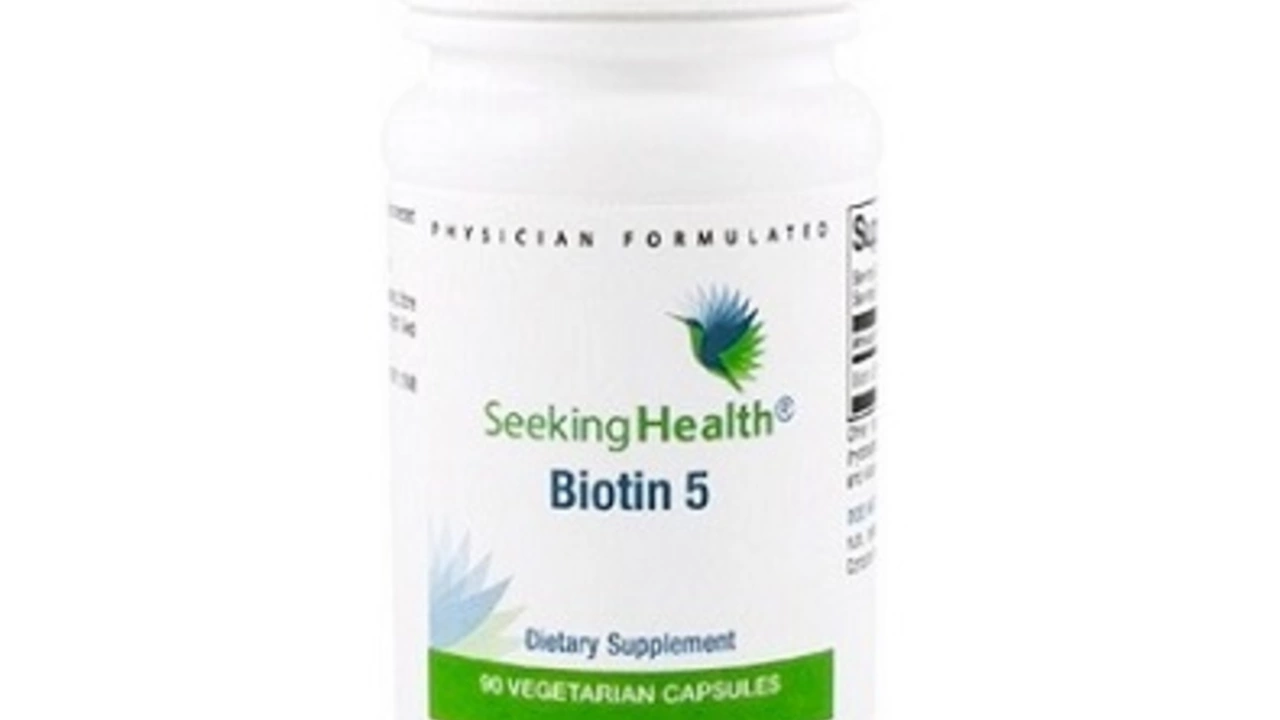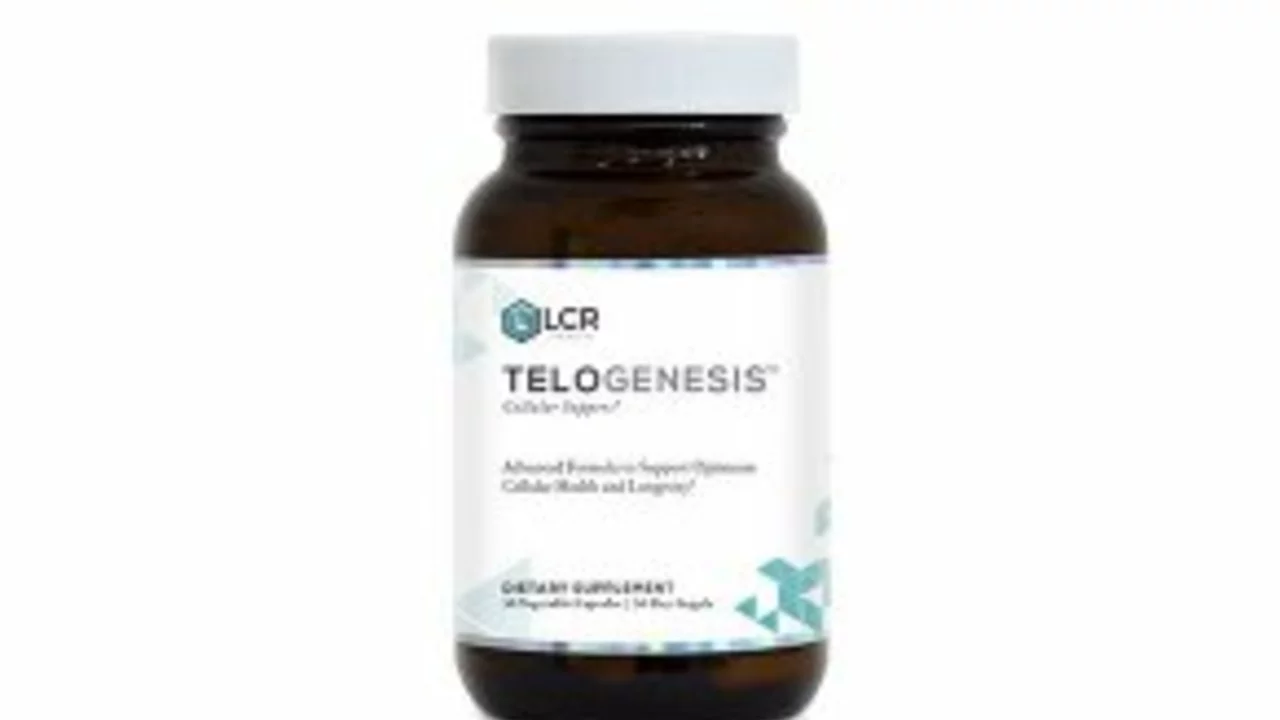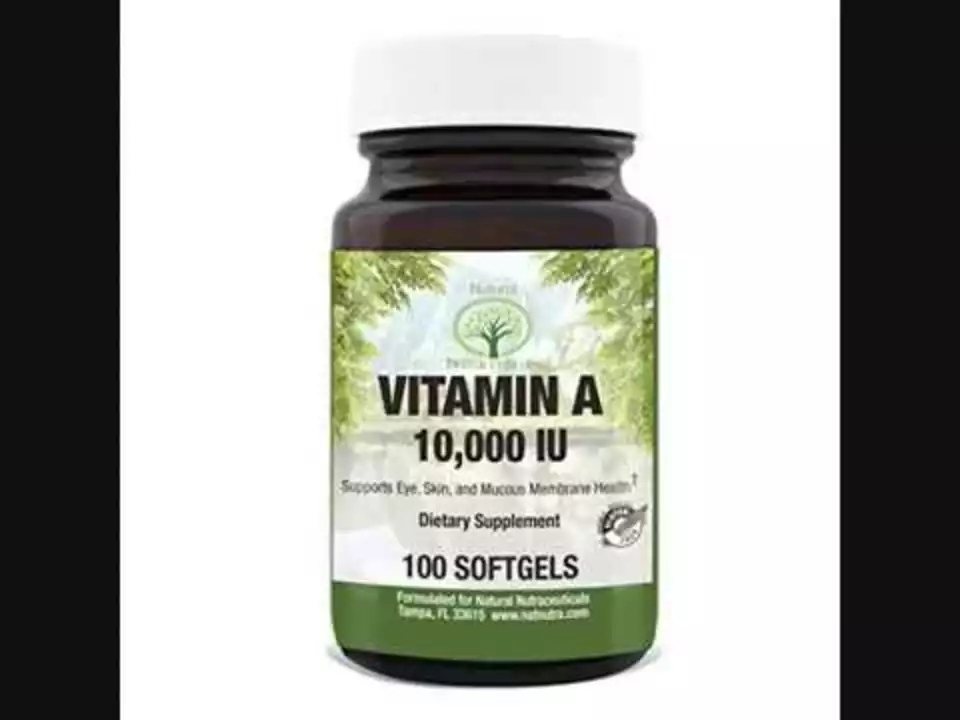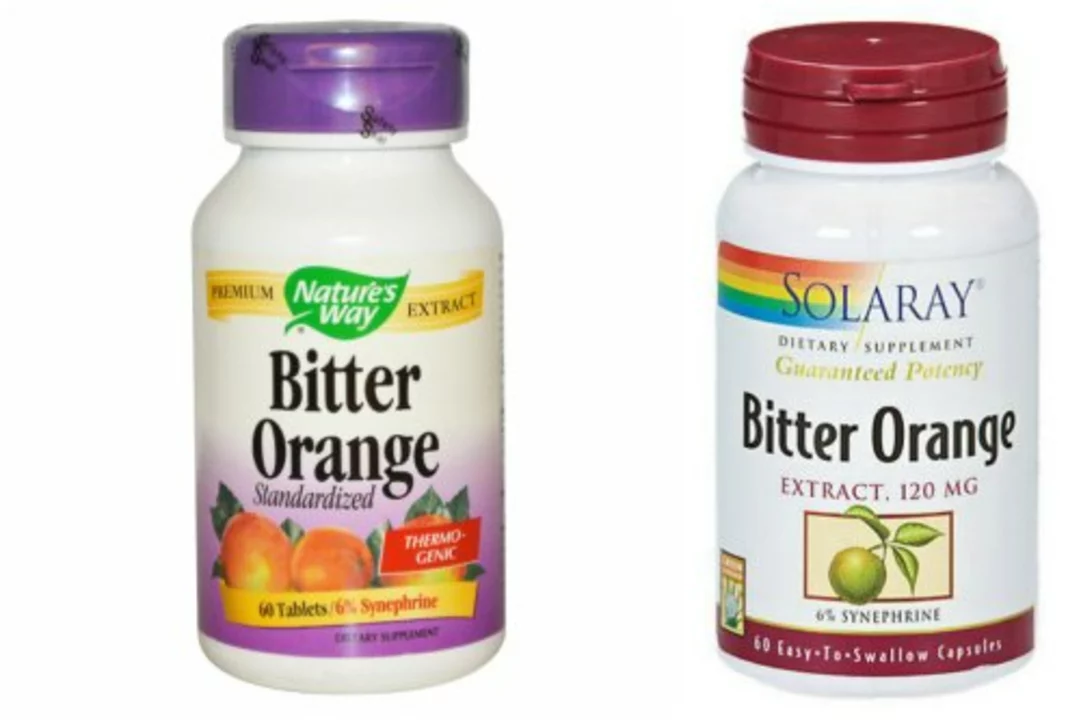Dietary supplement: Smart, safe choices
Most people take at least one dietary supplement, but not everyone knows how to pick a safe, effective product. Supplements can help fill gaps in your diet, support recovery, or target specific issues like memory or immune support. The trick is separating useful products from hype—and avoiding interactions or poor-quality brands.
How to pick a good supplement
First, read the label. Check the active ingredients, serving size, and exact dose per serving. Avoid vague terms like “proprietary blend” that don’t list amounts. Look for clear manufacturing dates, lot numbers, and expiration dates—real brands include those.
Choose products tested by a third party. Look for seals from USP, NSF, or ConsumerLab. Those tests don’t guarantee a product cures anything, but they do confirm what’s on the label and check for contaminants.
Watch for interactions. If you take prescription meds, ask your doctor or pharmacist before starting anything new. A few examples: vitamin K can affect blood thinners, and St. John’s wort can reduce how well some medicines work. Don’t stop prescribed drugs without professional advice.
Start low and pay attention. Try a short trial at the lowest recommended dose, and note any side effects. Keep a simple log: date started, dose, benefits, and any unwanted effects. If something feels off, stop and consult a clinician.
Common issues and practical tips
Form matters. Some nutrients absorb better in liquid or softgel form, while others are fine as tablets. If you have trouble swallowing, choose chewables or powders. Store supplements in a cool, dry place—heat and humidity break down many ingredients.
Ignore miracle promises. Claims like “cures,” “detoxes,” or “burns fat fast” are red flags. Reliable products point to research, list doses used in studies, and avoid grand guarantees. Also, cheaper isn’t always better; very low prices can mean poor sourcing or weak testing.
Want focused reading? Check our articles that dig into specific supplements and herbs. Read “Iceland Moss: Nordic Immune Booster Backed by Science” for research-based uses and how to pick a supplement. See “Boost Your Brain Power and More with Sage Supplements” if you’re curious about cognitive effects and safe dosing. Those posts give clear info on evidence, uses, and safety.
Finally, keep a list of everything you take—prescription meds, over-the-counter drugs, and supplements—and share it with your healthcare provider. That simple habit prevents interactions and helps your provider give better advice. If you need help choosing a product, ask us or talk to a pharmacist who knows supplements.
The Mercury Herb dietary supplement has captured attention as a natural remedy with various potential benefits. This guide explores its origin, health advantages, and practical uses. Discover how Mercury Herb can be incorporated into your wellness routine. Learn about its historical significance and what science currently says. Plus, find helpful tips on selecting the right product for you.
View DetailsWell, folks, I've just dived headfirst into the astonishing world of Lady's Bedstraw! This spectacular dietary supplement has me all agog! This wonder plant has been a secret weapon in holistic medicine for centuries and is just waiting to burst forth into your life! Not only does it pack a powerful punch for your health, but it also has a fascinating history that would make even the most jaded history buff sit up and take notice! So, buckle up, my friends, as we embark on this wild ride down the Lady's Bedstraw lane!
View DetailsIn my latest blog post, I discuss the incredible benefits of Gamma Oryzanol, a must-have dietary supplement for anyone striving to reach their peak performance. Derived from rice bran oil, this powerful antioxidant not only boosts energy levels but also improves muscle growth and recovery. Additionally, Gamma Oryzanol has been shown to support hormone balance, heart health, and even mental well-being. I highly recommend incorporating this amazing supplement into your daily routine to unlock your full potential and achieve optimal health. Don't miss out on the opportunity to become the best version of yourself with the help of Gamma Oryzanol!
View DetailsI recently discovered Mormon Tea, a life-changing dietary supplement that has truly impressed me. This natural remedy has been used for centuries by Native Americans and early Mormon settlers. Not only does it boost energy levels, but it also aids in digestion and helps soothe allergies. I've personally experienced its benefits and can't wait to share it with you all! Give Mormon Tea a try, and let it work its magic on your health and well-being.
View DetailsIn my latest blog post, I dive into the fascinating world of Rue and its potential health benefits. Rue is a dietary supplement that has been gaining popularity for its various health-boosting properties. I explore the science behind this amazing plant and how it can positively impact our health. From its anti-inflammatory effects to its potential as a natural remedy for various conditions, you won't want to miss this informative read. Join me as we uncover the secrets of Rue and learn how to incorporate it into our daily lives for better overall health.
View DetailsI recently discovered an incredible dietary supplement that has truly transformed my health - the Rusty-Leaved Rhododendron! This powerful plant is packed with numerous health benefits that have given my body the boost it needed. From its anti-inflammatory properties to its ability to improve heart health, the Rusty-Leaved Rhododendron has become my ultimate go-to supplement. Not only is it easy to incorporate into my daily routine, but it's also a natural and safe option. I highly recommend giving this amazing plant a try if you're looking to enhance your overall well-being!
View DetailsI recently came across the Clown's Mustard Plant, a dietary supplement that's truly transforming lives! It's packed with incredible health benefits and has been gaining popularity among health enthusiasts. I've noticed improvements in my energy levels and overall well-being since incorporating it into my daily routine. This supplement has truly added a touch of magic to my life, and I couldn't be happier with the results. Join me in experiencing the magic of Clown's Mustard Plant and see for yourself the amazing changes it can bring to your life!
View Details







